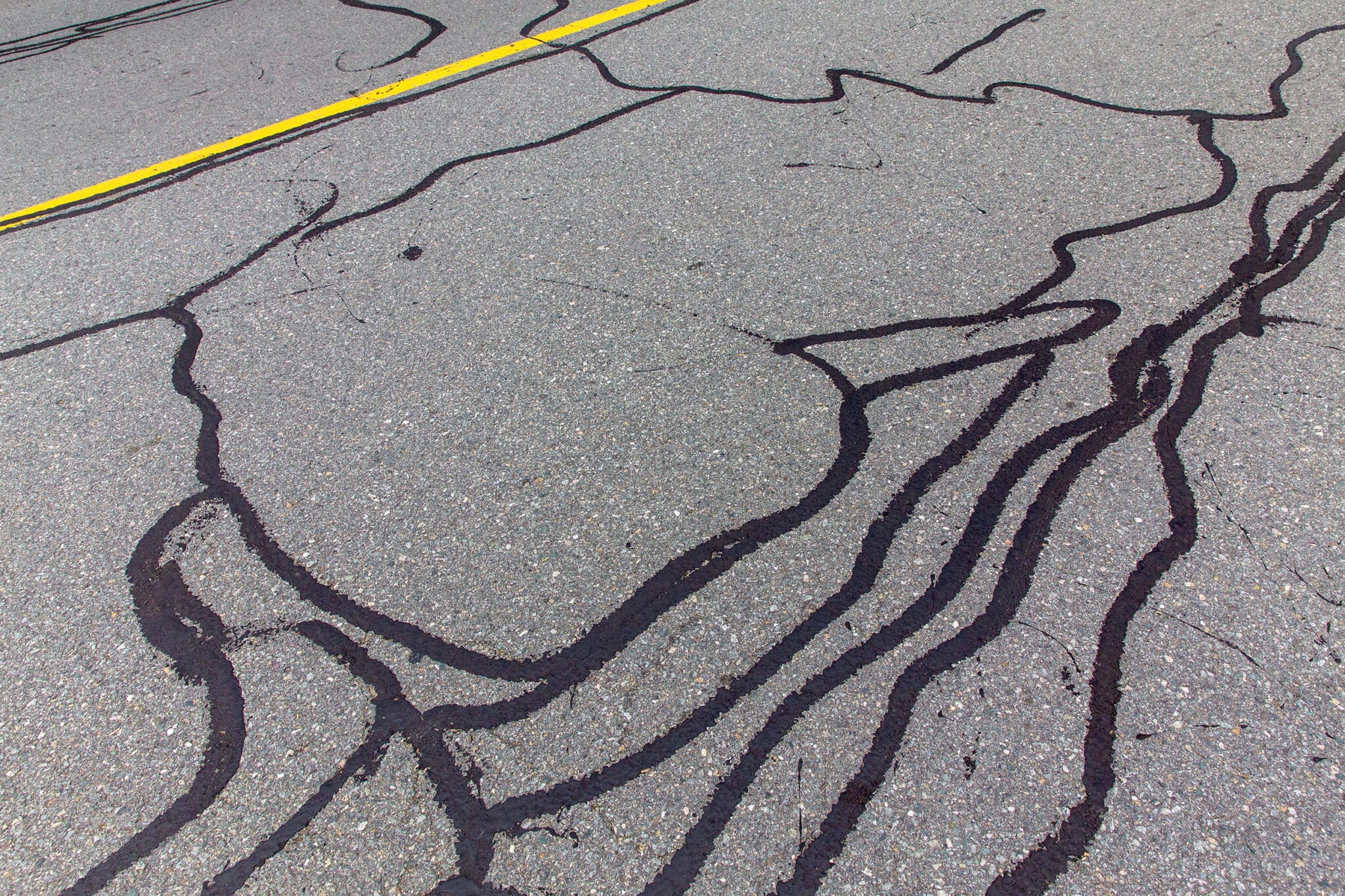Swift Solutions for Asphalt Patch Repair: Optimal Sealing Techniques
Swift Solutions for Asphalt Patch Repair: Optimal Sealing Techniques
Blog Article
Cold Mix Asphalt Vs. Hot Mix Asphalt: Which Is Right for You?

Structure Differences
Cold mix and warm mix asphalts differ dramatically in their composition, with distinct attributes that affect their efficiency and applications. Cold mix asphalt is produced by emulsifying the asphalt binder with water and an emulsifying representative prior to mixing it with aggregate. This method permits the asphalt to be workable at reduced temperatures, making it suitable for momentary repair services and for usage in colder weather. Warm mix asphalt, on the various other hand, is produced at heats, generally between 300-350 ° F, which assists to attain far better compaction and a more long lasting end product. The warm mix asphalt production process entails heating the accumulation and asphalt binder independently before combining them at the asphalt plant.
Additionally, cool mix asphalt has a tendency to be much less dense and extra flexible than warm mix asphalt. This versatility makes it much better suited for areas with higher levels of movement, such as driveways or roadways with rush hour. On the other hand, warm mix asphalt is known for its high toughness and resistance to rutting and cracking, making it a preferred selection for highways and high-traffic roadways where longevity is critical.
Installation Refine Variances
The procedure of setting up cold mix and hot mix asphalt displays significant variances in their treatments and demands. In comparison, hot mix asphalt demands an extra fancy installation procedure. Due to the heating demands, warm mix asphalt setups are typically brought out by specialists with customized devices, making certain an extra long-term and structurally sound result.
Sturdiness and Longevity Elements
When considering asphalt options, toughness and long life are vital aspects to assess for long lasting pavement performance. Warm mix asphalt (HMA) is understood for its extraordinary sturdiness and longevity.
In regards to durability, HMA typically surpasses CMA due to its superior toughness and resistance properties. HMA sidewalks have a longer solution life, requiring less frequent repair work and upkeep, which can translate to set you back savings in the long run. In addition, HMA pavements are more quickly adjustable to meet specific project requirements, additionally enhancing their resilience.
Price Factors To Consider
Considering the economic effects is an essential element when examining the option in between warm mix asphalt (HMA) and chilly mix asphalt (CMA) for sidewalk projects. While the first expense of warm mix asphalt is commonly greater than that of chilly mix asphalt, HMA commonly provides an extra affordable option in the long run due to its remarkable sturdiness and longevity. HMA is understood for its capacity to stand up to rush hour lots and severe weather, decreasing the requirement for frequent fixings and upkeep. On the other hand, chilly mix asphalt is extra cost effective in advance yet may call for more frequent patching and resurfacing, resulting in greater maintenance prices in time.
In addition to product expenses, it's vital to consider the expenses associated with installment and maintenance when contrasting HMA and CMA. HMA normally calls for specific equipment and knowledgeable labor for appropriate installment, which can impact total job prices. Conversely, CMA is easier to function with and can commonly be applied making use of easier techniques, possibly lowering installment expenses. Inevitably, the decision in between HMA and CMA ought to learn the facts here now take into consideration not just the initial expense but likewise the long-term monetary implications to why not try these out figure out the most economical option for the certain sidewalk job.
Environmental Impact Comparison
Comparison of the ecological influences in between warm mix asphalt (HMA) and chilly mix asphalt (CMA) reveals distinct distinctions in sustainability techniques. HMA manufacturing needs high temperatures, leading to enhanced energy consumption and greenhouse gas emissions.
Moreover, the usage of CMA often entails reusing existing asphalt pavement, promoting resource preservation and minimizing the amount of waste sent to landfills. This reusing element even more enhances the sustainability of CMA contrasted to HMA. Generally, when thinking about the environmental influence, CMA becomes a much more environmentally lasting option due to its reduced power requirements, reduced exhausts, and the capacity for recycling existing products. By going with CMA over HMA, roadway building and construction jobs can contribute favorably to environmental preservation efforts.
Conclusion
To conclude, the choice in between cool mix asphalt (CMA) and warm mix asphalt (HMA) relies on numerous factors such as composition, setup process, resilience, longevity, price, and environmental impact. asphalt patch repair. While CMA uses a affordable and fast solution for small repair services, HMA ensures look at this now superior longevity and longevity for rush hour areas. Take into consideration these aspects carefully to determine which type of asphalt is the ideal option for your paving needs

Thinking about the economic implications is a crucial aspect when assessing the selection in between hot mix asphalt (HMA) and cold mix asphalt (CMA) for pavement projects. While the preliminary cost of hot mix asphalt is typically greater than that of chilly mix asphalt, HMA usually gives a much more economical solution in the long run due to its superior longevity and durability. cold mix asphalt.Contrast of the ecological impacts between warm mix asphalt (HMA) and cold mix asphalt (CMA) exposes unique differences in sustainability practices.In verdict, the option between chilly mix asphalt (CMA) and hot mix asphalt (HMA) depends on different aspects such as structure, setup procedure, longevity, long life, price, and ecological impact
Report this page